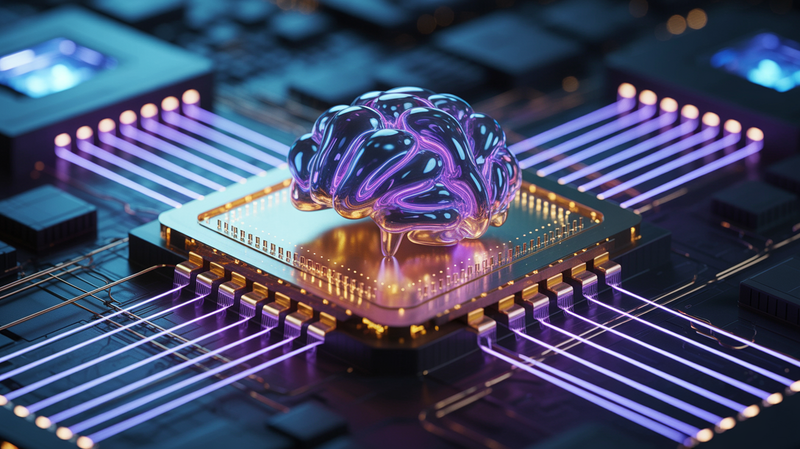The Darker Side of Global Digital Identity: A Conspiratorial Perspective
As the world edges closer to the implementation of a global digital ID system, under the guise of efficiency and security, a lurking concern remains largely unspoken. This concern isn't just about data privacy or surveillance—it's about a profound loss of personal autonomy and the

As the world edges closer to the implementation of a global digital ID system, under the guise of efficiency and security, a lurking concern remains largely unspoken. This concern isn't just about data privacy or surveillance—it's about a profound loss of personal autonomy and the potential for a new form of societal control.
The Ultimate Surveillance Tool?
Imagine a world where every action, every transaction, and every movement is linked to your digital ID. This ID doesn’t just prove who you are; it becomes a tool for monitoring and potentially controlling various aspects of your life. The global digital ID could be seen as the ultimate surveillance tool, far surpassing the intrusions that followed events like 9/11.
Erosion of Anonymity and Freedom
The introduction of a global digital ID system may mark the end of anonymity as we know it. With every interaction tied to a centralized identity, the freedom to act without being tracked or profiled could disappear. This scenario could lead to a society where people modify their behavior not out of choice, but out of fear of being watched.
The Hidden Agenda: Control Under the Facade of Convenience
One of the most concerning aspects of the global digital ID system is the potential hidden agenda behind its implementation. Is it truly about streamlining services and ensuring security, or is it a stepping stone towards a more controlled and monitored society? The convenience offered may come at a cost far greater than what is initially perceived.
Manipulation and Coercion
With all personal data linked to a global ID, the potential for manipulation and coercion increases exponentially. Governments or corporations could use this information to influence behavior, restrict access to services, or even enforce compliance with certain norms under the threat of ID deactivation or restrictions.
Conclusion: A Call for Vigilance
As conspiracy theorists and skeptics, it's our duty to question the path we are being led down. The global digital ID system, while touted for its benefits, may harbor darker implications for personal freedom and autonomy. It’s a call for vigilance and a deeper examination of what we stand to lose in the name of progress and security. In the quest for a more connected world, we must ensure that our fundamental rights and freedoms are not the price we pay for digital convenience.
The Psychological Impact of Pervasive Surveillance: A Deep-Seated Fear
In a world where a global digital ID system becomes a reality, the psychological ramifications extend far beyond mere privacy concerns. The omnipresence of surveillance, real or perceived, can lead to a deep-seated fear and anxiety that permeates every aspect of life.
The Emergence of Surveillance Phobia
The constant fear of being watched and tracked could give rise to a new kind of phobia—surveillance phobia. This condition would manifest as an irrational and overwhelming fear of being constantly monitored, regardless of whether one is in public or within the supposed privacy of one's home. Even intimate moments, such as being with a loved one in the bedroom, could be tainted with the paranoia of unseen eyes and ears.
Impact on Mental Health and Relationships
The psychological toll of living under continuous surveillance can be profound. It can lead to heightened stress levels, anxiety, and a pervasive sense of distrust. Relationships, too, might suffer as individuals grapple with the idea that their most private moments could be subject to scrutiny. This could lead to a breakdown in communication and intimacy, as people struggle with the notion of never truly being alone or unobserved.
An Invasive Digital Shadow
The global digital ID could be perceived as an invasive digital shadow, following individuals relentlessly. The knowledge that every digital interaction—no matter how trivial or personal—is potentially being tracked could lead to self-censorship and a stifling of personal expression. The fear of being judged, manipulated, or controlled based on one's digital footprint could stifle spontaneity and authenticity in human behavior.
Conclusion: A World in Need of Balance
As we consider the full scope of the global digital ID system, it becomes clear that its impact is not just external, but also deeply internal. The potential for a society riddled with surveillance phobia and psychological distress is a stark reminder of the need for balance. While digital advancements promise a world of connectivity and convenience, they should not come at the cost of our mental health and fundamental human need for privacy and autonomy.




